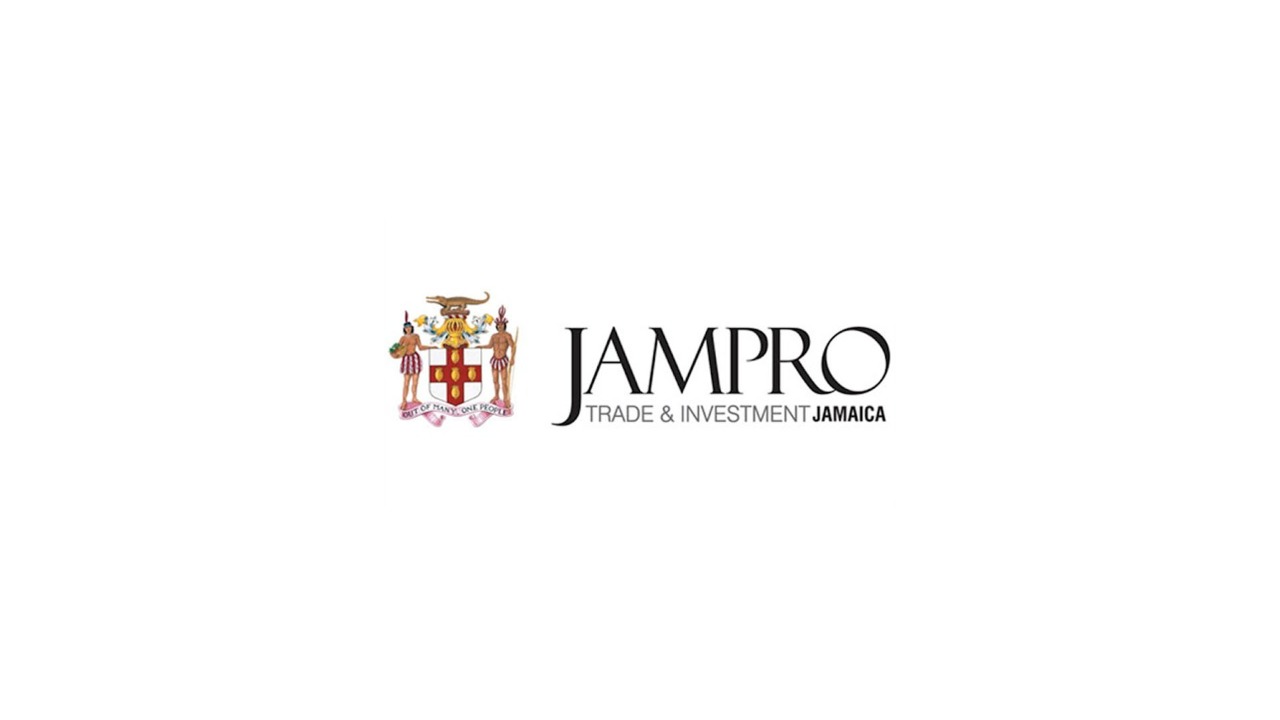Become Export Ready with JAMPRO
By: , June 19, 2023The Full Story
Selling products to overseas markets is a dream for many local business owners, but the process can be quite daunting.
Thankfully, there is the Jamaica Promotions Corporation (JAMPRO) ‘Export-readiness Checker’ to help entrepreneurs get started on those dreams.
Developed to give businesses an idea of which market best suits their products based on their goals, the Checker is a self-assessment survey tool that contains 48 questions formulated to quickly assess the business and help to identify possible gaps before entering an overseas market.
Upon completing the survey and “if you get a particular score, then we will see you as a company that is set for export,” Interim Vice President of Exports at JAMPRO, Shane Angus, tells JIS News.
Mr. Angus points out that “if you pass that, then we go further and try to understand your business. [We] look at your business model and see how it will play in different markets… . If you have identified a market, then we do research to see if there is any demand for your type of product”.
Once a suitable market is identified the next step in the process is finding the right distributor for the product.
The Interim VP acknowledges that while “it’s best to go through a distributor who has an established channel that can move your product out”, as it is more cost-effective and less time-consuming, there are buyers who will contact the seller directly to purchase a product.
He advises sellers to ensure that they do a background check on these persons with whom they will be doing business, whether they are a distributor or buyer.
“Before you begin, make sure you do your due diligence on the persons you want to conduct business with. So, even if we introduce you to a distributor who might be interested in your product, we always tell you ‘trust, but verify’,” he says.
In addition to finding a suitable distributor, business owners are being encouraged to decide where they would want their products to be displayed in retail establishments once they enter the international market.
Mr. Angus explains that for products to be placed in supermarkets, this can be done in one of two segments – mainstream or ethnic aisle.
“Mainstream is where you find the ‘big boys’ play. So, if I am doing tea, for example, when you go into a supermarket you [will] see aisle one has flour, sugar, etc. and aisle two has tea, coffee and so on. When you walk in those areas you have the big tea companies. They are fighting for that aisle… doing crazy promotions, giving you three packs of tea for two dollars,” he states.
Speaking to the ethnic aisle, which is recommended for small businesses entering the market, he points out that not only does this aisle have better price margins but it increases the chances of getting a product to the right buyers.
“You are appealing to the persons who have a connection to your country because your capacity and budget cannot allow you to fight for space in the mainstream aisle. So, when you go into the ethnic aisle you find that is where a lot of our products play,” Mr. Angus says.
He recommends that smaller businesses take advantage of the ethnic aisle as “our production capacity is not as big as [others] because we are probably selling one pack of tea for $2 or $3 while they are giving you three packs of tea for the same price”.
For new businesses entering the overseas market, a major part of the process, after completing the survey, finding a distributor and market segment, is strategically promoting your products to potential customers.
“When we are trying to break products into the market, they will have a lot of market activities such as issuing samples at supermarkets or at events and telling potential customers where they can go to purchase a product,” Mr. Angus states.
“…Marketing is a partnership between the distributor and the sellers here so they can understand how to play. Once you understand that you grow within that space, and you may grow to the stage where you can now play in the big boy aisle,” he adds.
He mentions further that businesses must also decide whether a distributor will carry their product under their own brand or rebrand the product as the distributor’s own, a concept known as white labelling or co-packaging.
“So, you would have distributors now in the United States, and they will say that I want ackee and I’m going to buy it from you but I’m going to buy with my label,” he explains.
Persons interested in exporting their products may visit the JAMPRO website at www.dobusinessjamaica.com or call (876) 618-3834 for further information.
The Jamaica Promotions Corporation was established as a statutory body under the JAMPRO Act, 1990, to promote business opportunities in export and investment to local and international markets.



